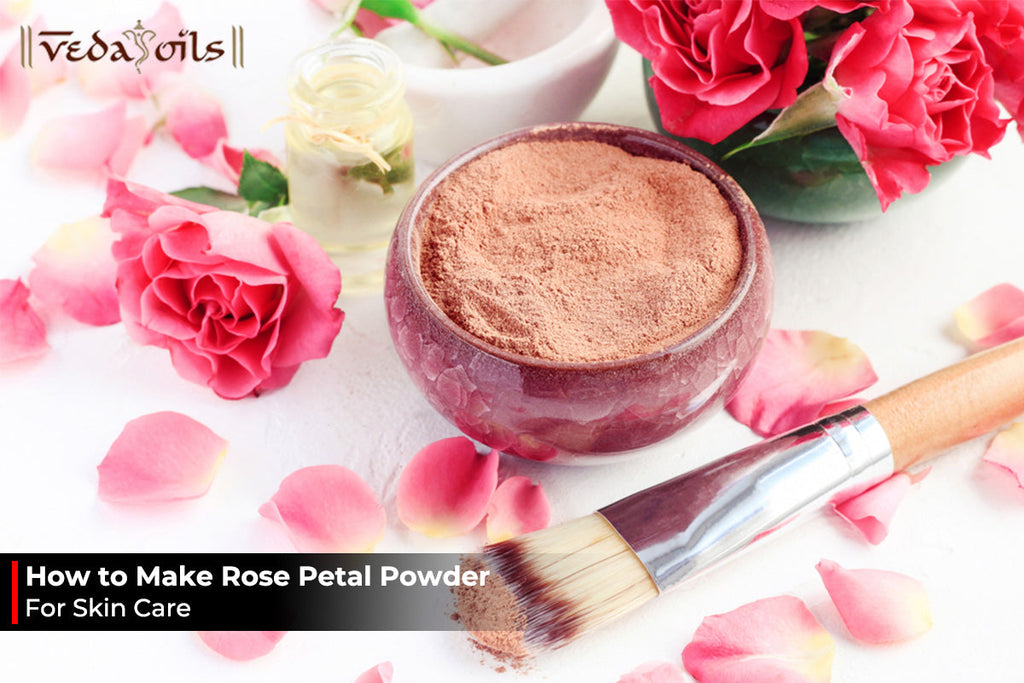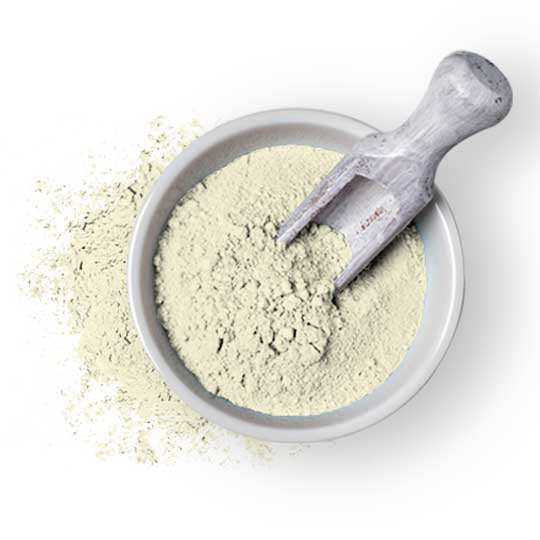Role Of Texturizers In Cosmetic Products | For Naturally Soft Skin
Texturizers are mostly made of natural minerals and crystals (for example, silicates, bismuth, magnesium, and others). They are fine powders with efficient thickening capabilities that are also available in liquid form and filling and stabilizing properties for cosmetic products.

They are commonly used as basic ingredients in various beauty products such as foundations, face powders, lipsticks, eye shadows, mascara, and others. Furthermore, some texturizers have specific effects, such as emulsifying or pearlizing. Let's look at the rise of texturizers in cosmetics.
What Are Texturizers?
Texturizers are the substances that are used to enhance the texturing, consistency, and sensory experience of your cosmetic products. Texturizers come in various forms for different products. Some cosmetic products only require shea butter, while others may take Phytowax.
Need Of Texturizers In Cosmetics Products
Texturizers are a major component in any cosmetic products. These Texturizers make your product denser thicker, and give them a preferred consistency. Here is why you need Texturizers in Cosmetic Products.
1.Product Appeal
We here at VedaOils always prefer texture over effectiveness in our cosmetic products. Texture improves the overall sensory quality of products while offering a solid base for other products. Use texturizers to enhance the feel of your products.
2.Ease Of Application
Don't get daunted by the word texturizers; much butter and solvent come under texturizers and are quite easy to use in cosmetic products. Use texturizer as a base for your next products, or add some for a better feel and consistency.
3.Skin Comfort
Texturizers come in organic and inorganic forms and can offer different effectiveness and skin comfort. Choose the natural and organic texturizer for your product for the best skin care cosmetic products. Inorganic ones are more potent, though.
4.Product Stability
Products can get spoiled in only a few days when not mixed properly or without proper techniques. Texturizers improve your products' sensory feel and stabilize cosmetic ingredients' viscosity and stability.
Types Of Texturizers Used In Cosmetics
As mentioned above, texturizers come in different forms for different products, and here are a few types of texturizers used in cosmetics.
1.Emollients
Texturizers are nutrient-dense and have many skin-caring properties. These ingredients offer amazing Emollienting properties and softer, silkier skin.

2.Thickeners
Your products can be the best in the world, but without stability, it becomes useless. As mentioned before, texturizers can improve product stability, viscosity, and consistency.

3.Humectants
Texturizers work wonders in cosmetic skin care products because they hold moisture. Due to high humectant attraction and moisture retention properties, texturizers offer supple, hydrated skin.
4.Film-Formers
Texturizers are known for having film-forming capabilities due to their high omega 6 and 9 and amino acid properties. Use texturizer in your cosmetic products and create a protective film on the skin, contributing to long-lasting wear.
5.Cosmetic Powders
Powder texturizers such as clays, corn starch, activated charcoal powder, etc., can absorb excess oils, improving the matte finish of cosmetic products. Powdered texturizers are also easy to use in most cosmetic products.

Challenges And Considerations While Using Texturizers
As mentioned above, texturizers come in organic and inorganic forms, and both have disadvantages in cosmetic products. Here are a few challenges to consider while using texturizers.
1.Allergenic Potential
Texturizers are denser and more reactive ingredients in your product; they improve the thickness and viscosity of your products but can also cause allergic reactions in some individuals with sensitive skin. People have shown allergenic potential using corn starch, stearic acid, etc.
2.Skin Type Variability
When working with products for mass distribution, a company needs to consider skin type variability to serve the most customers. Different skin types may react differently to texturizers, necessitating formulation adjustments.
3.Ethical And Environmental Concerns
Texturizers are organic and inorganic and produced with different methods; above all, they must be tested before human use. When selecting texturizers, animal testing, sustainability, and environmental impact must be considered.
Conclusion
In conclusion, texturizers are indispensable in cosmetic formulations, enhancing the product's performance and user experience. Balancing these benefits with careful consideration of challenges ensures the creating of high-quality and ethically sound cosmetic products. Just be careful while choosing a texturizer for your next magnum opus. We at www.VedaOils.com offer high-quality texturizers at an affordable price; check out now!
You May Also Like:
Buy Products
Related Articles
-
 How to Make Marble Candles | DIY Marble Pillar Candle
How to Make Marble Candles | DIY Marble Pillar Candle -
 DIY Tanning Oil - Best Homemade Recipes For Tan Removal
DIY Tanning Oil - Best Homemade Recipes For Tan Removal -
 Homemade Mustache Wax: Best DIY Recipe With Natural Ingredients
Homemade Mustache Wax: Best DIY Recipe With Natural Ingredients -
 Kojic Acid vs. Glycolic Acid: Which Is Better for Skin Whitening?
Kojic Acid vs. Glycolic Acid: Which Is Better for Skin Whitening? -
 5 Best Grades of Essential Oils - The Grading System
5 Best Grades of Essential Oils - The Grading System -
 How to Make Rose Petal Powder For Skin Care Homemade Recipe
How to Make Rose Petal Powder For Skin Care Homemade Recipe
Disclaimer :- This article is intended for informational and educational purposes only and should not be considered a substitute for professional medical advice. For specific health concerns or treatment, please consult your personal physician. The article's editor, writer, and VedaOils organization do not assume any responsibility for any health outcomes resulting from the information provided. Readers are strongly encouraged to seek advice from their physician before acting on any recommendations made in these articles.
















 Sign in
Sign in Register now
Register now My Reward Points
My Reward Points









